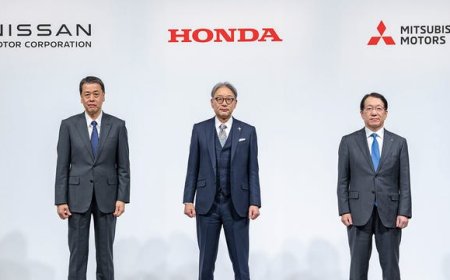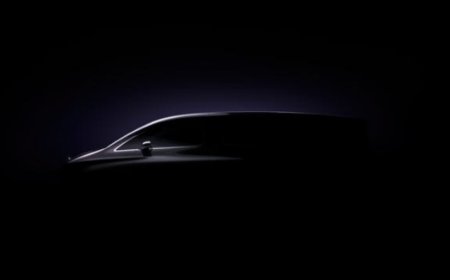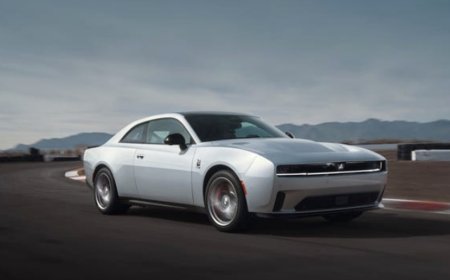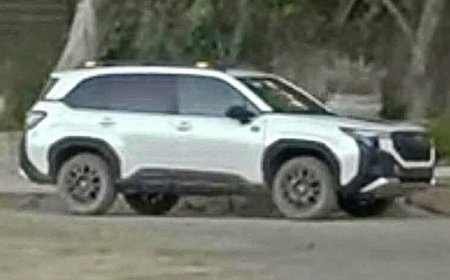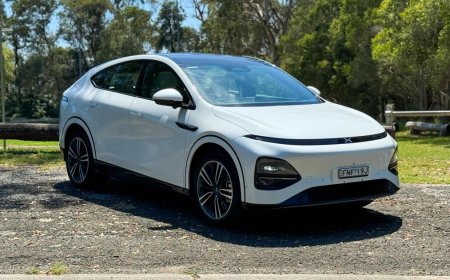California EV rebate plan takes aim at Trump’s tax credit cuts
California’s plan to counter potential federal EV credit cuts could exclude Tesla.
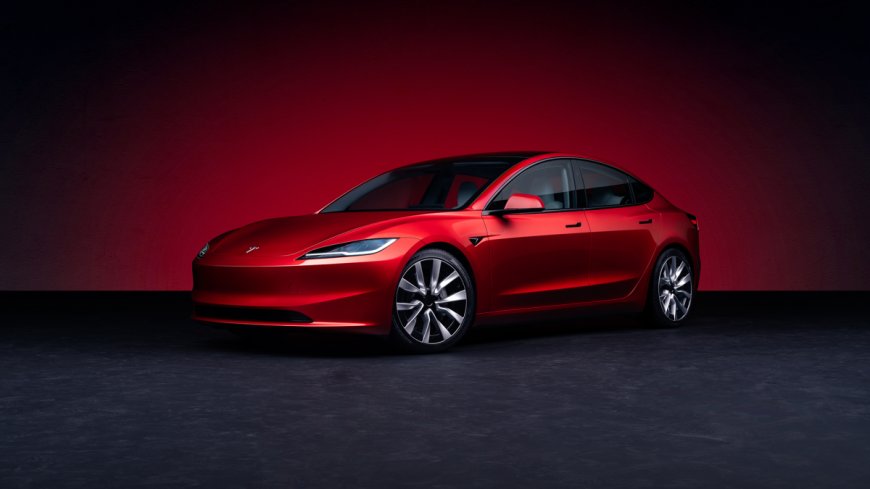
Governor Gavin Newsom has announced plans to revive California's electric vehicle (EV) rebate program if the incoming Trump administration eliminates the federal $7,500 EV tax credit. The move would position California as a safety net for clean energy consumers, ensuring the affordability of zero-emission vehicles in the nation’s largest EV market.
“We're not turning back on a clean transportation future — we're going to make it more affordable for people to drive vehicles that don't pollute,” Newsom said in a statement.
Funded through California’s Greenhouse Gas Reduction Fund, the program would be financed by polluters under the state’s cap-and-trade system. However, a controversial market-share cap in the proposal could mean Tesla, the state’s dominant EV player, is excluded from receiving rebates.
Related: A walk down Hyundai's memory lane and their largely forgotten models
Market-share cap sparks controversy
Tesla, which commands nearly 55% of California’s EV market, could be disqualified under the proposed rules aimed at fostering industry competition. In comparison, Hyundai and BMW hold much smaller shares at 5.6% and 5%, respectively.
While Newsom’s office has not finalized the market-share limits, the move has drawn sharp criticism from Tesla CEO Elon Musk, who has lobbied for the federal EV credit to be repealed.
Even though Tesla is the only company who manufactures their EVs in California!
This is insane. https://t.co/EhVeG2TYqT— Elon Musk (@elonmusk) November 25, 2024
Musk called the exclusion "insane" in a social media post, amplifying tensions between the tech magnate and California’s governor. Musk has previously supported eliminating federal tax credits, claiming it would level the national market, but the state’s targeted approach has drawn his ire.
“Tesla is the only company who manufactures their EVs in California,” Musk said, suggesting that the company may move operations out of the state if its vehicles are excluded from the rebate.
Related: The first BMW Neue Klasse test vehicles roll off the production line
Political and economic implications
This proposed rebate program arrives at a politically charged moment, with Newsom vocally opposing Trump’s policies. The governor’s move could escalate tensions between Sacramento and Washington, D.C., and deepen the rift with Musk, who is co-leading an advisory commission for the Trump administration focused on cutting federal spending.
Dan Ives, an analyst at Wedbush Securities, compared the brewing conflict to a "Game of Thrones"-style power struggle. Ives suggested the policy could incentivize Tesla to relocate more jobs out of California, a state already grappling with high corporate taxes and regulatory burdens.
Related: VW Golf GTI misses Europe’s power boost
Final thoughts
As California’s legislature debates the specifics of the proposal, the outcome could reshape the state’s EV market dynamics. Tesla’s market share, already down from 64% to 55% in the past year, could face further challenges if rebates steer consumers toward competitors.
Newsom’s proposal underscores a broader push to balance innovation with accessibility in the EV industry. Whether it accelerates California’s clean energy future or alienates its largest EV player remains to be seen.
For now, the battle lines are drawn between Newsom’s progressive policies and Musk’s market-driven ethos, setting the stage for a critical showdown in California’s path to sustainability.

